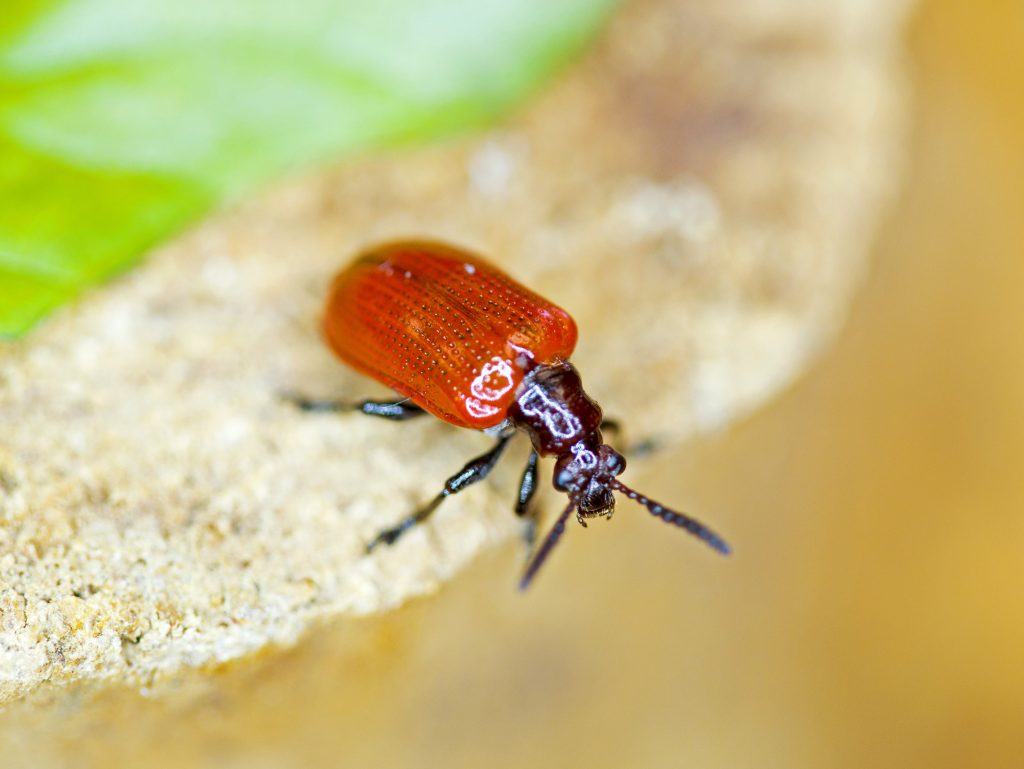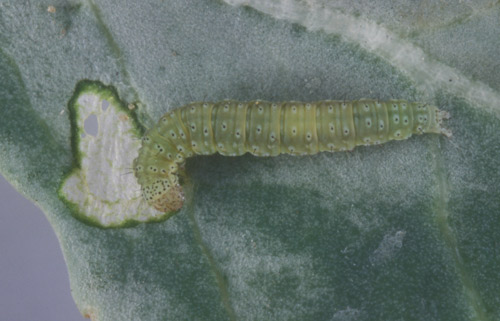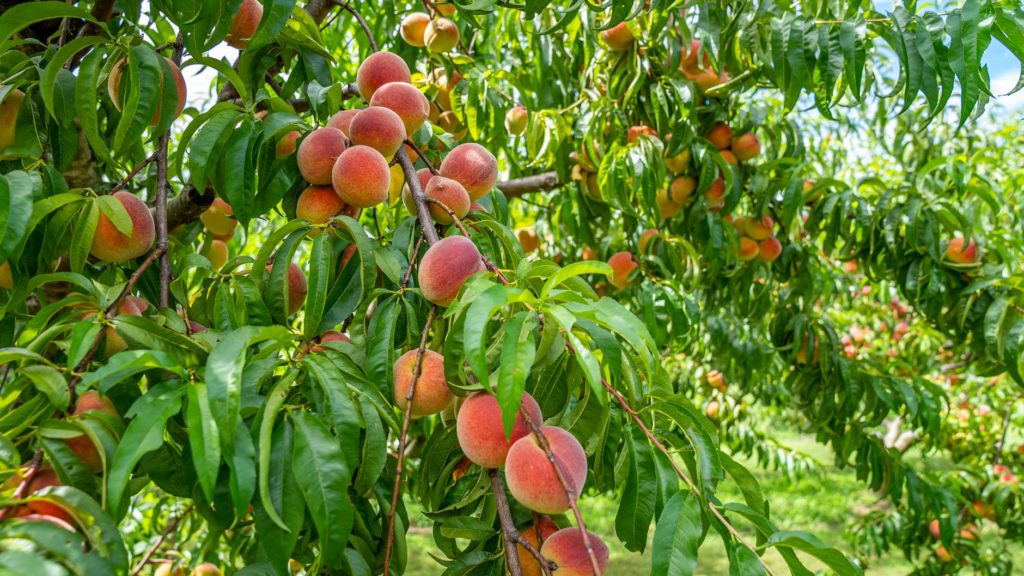Clemson Extension agents provide updates in The South Carolina Grower this week about the status of various crops being produced throughout the state.

Coastal Region

Zack Snipes reports, “It seems like everything is coming in from the fields right now. We got some rain but could really use some more. I am seeing lots of aphids on a variety of crops (melons, cukes, eggplant). I am also seeing ladybird beetles and parasitized aphids in these fields which means our predators are out there working for us. Bacterial wilt and southern blight on tomato is starting to appear as well. Knowing the difference and preparing for next season’s crop is critical. It is getting hot and is still windy, so growers might consider adding one or more irrigation cycles to their fields. Remember that in our sandy soils, any irrigation event over an hour is just wasting water. More frequent 30-to-45-minute cycles are more efficient.”

Midlands

Justin Ballew reports, “We got around an inch of rain in most places last week, but it’s already dry again. We’re going to see a lot of irrigation running this week. Overall, diamondback moth (DBM) populations seem to be climbing, though we are harvesting some nice-looking brassicas right now. Remember that we can perform field bioassays to help determine which insecticides may work best on your farm. DBM populations change quickly, so even if we’ve done one before in previous seasons, it will likely be helpful to run another. Cucurbits are growing and picking well. Remember that cucurbit downy mildew was found in the state on cucumbers last week. Spray cucumber and cantaloupe crops accordingly.”

Sarah Scott reports, “We got a little rain here and there last week which has helped with moisture. The peach crop is looking better and better as we move along into the season. Yield and flavor are both good right now. Some of the earlier varieties are still showing signs of damage from the freeze events in March which resulted in cracked peaches and split pits. But it is looking hopeful that the June/July varieties will yield well with little damage. For the most part, strawberries are done, and some growers have begun terminating fields. Summer crops are being harvested including squash and zucchini. Tomatoes and peppers are progressing nicely.”
Upstate

Andy Rollins reports, “Peach season started this past week with our first varieties, FlavoRich and RichMay. Drier weather has favored excellent eating quality for early-season peaches, but we are thankful for the recent relief from drought. Some skin damage has been observed on several farms due to previous powdery mildew infections. Surfactants can cause similar damage and should NOT be added to fungicide sprays unless specifically called for by the fungicide label. Under the right conditions, surfactants can devastate a crop. Vegetables are still being planted. Excessive heat can burn stems and kill plants. Sometimes you may get lucky and get basal stem growth below a stem burn. A solution would have been to make a bigger planting hole. The heat is on now, so make sure you take care of your irrigation schedule. Longer run times are not normally as helpful as adding in another run. This is called pulse irrigation and is especially important to spread water out in the bed. Many growers now rely on two drip tapes per bed to help with this difficulty.”










